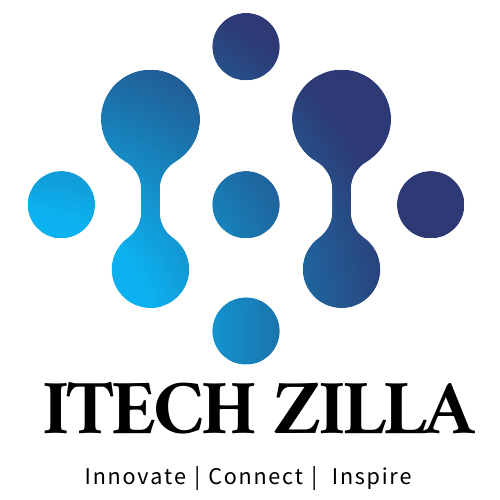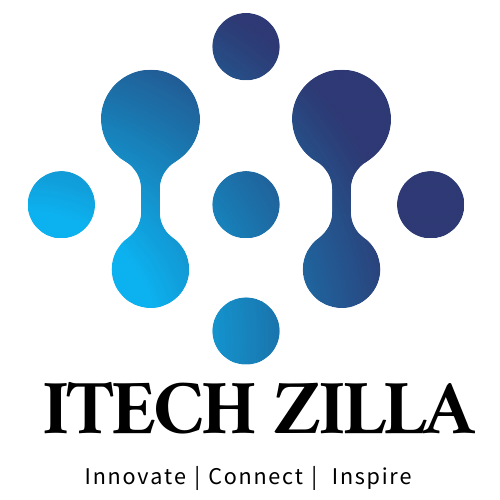AI has changed many businesses including the software development industry within the past decade and the software testing domain is also no stranger to the advancement. In software testing, AI opens up new horizons that improve the processes across the aspects of efficacy, precision, and the scopes of the tests being conducted.
Although traditional software testing approaches are recognized and dependable practices in the development processes, they are rather time and resource-consuming practices which makes it difficult for organizations to adapt to the rapid development processes of today. Thanks to the faster-paced development processes today firms using AI testing automation can improve their testing procedures and processes, improve their overall software quality, and decrease their time to market.
This blog explains the use and impact of AI in software testing automation, how this technology facilitates the development cycle and what does the future hold for it.
Table of Contents
The Evolution of Software Testing
Before discussing how AI has transformed this process, it is imperative to explain how it was done traditionally. People can distinguish two types of software testing careers: manual and altogether automated. Manual testing is one of the slowest as people physically run tests, review test reports and look for any bugs. Automated testing is more productive instantly. Scripts and tools are the main means of automated testing that speed up and remove the likelihood of error out of the absurdly time-consuming processes that normally include a vast amount of human input.
If manual testing has many weaknesses that automated testing can resolve, let’s consider the limitations of automated testing. Automated scripts are rather fragile and can become broken with changes in the codebase. This is especially true for dynamic applications. Automated test execution traditionally lacks adaptability and intelligence; it can only opt to carry out the specific set of tests that the software developers programmed it to do.
This is how AI automation in software testing comes into play, providing automation that assists tests in being dynamic, and flexible and enhancing test efficiency.
What is AI Automation in Software Testing?
Using machine learning algorithms and other AI techniques, AI automation in software testing seeks to do tasks that would otherwise require making decisions that a human would typically do on the performance of the test. In contrast to regular automated testing, AI-powered testing tools can find patterns, detect bugs, and even forecast which pieces of code are most likely to contain flaws. This suggests that by introducing AI analytics into the testing process, it would become more of a strategic endeavour that would cut back on the amount of manual input required to get software cycles into production timelines faster.
To put it another way, AI automation strengthens the capabilities of traditional automated test infrastructure by augmenting them with smart algorithms. For example, due to AI’s quick analysis of previous test results, it can highlight prospective places of bug concern. AI-driven test automation can even update tests when the code is changed, making it unnecessary to manually maintain the tests all of the time.
Key Benefits of AI Automation in Software Testing
There are many AI Automation advantages for software testers such as these include allowing better and faster tests to be conducted and also assisting companies with their testing operations as they grow. A few of the most pronounced benefits are:
- Increased Efficiency and Speed
- Greater Speed Efficiency With AI automation, TSTLB saves time and effort by automating the most time-consuming and repeated cycles. For instance, AI technology analyzes previous test cases to provide insights into the most efficient and critical tests. As a result, the overall testing cycle time is reduced and teams can conform to deadlines.
- Enhanced Accuracy
- Greater Precision There is a high probability of errors with humans, especially when considering human beings engaging in repetitive tasks. If AI is employed for test automation, the probability of human errors is diminished increasing the level of accuracy and consistency of results. Up to a certain extent, there are algorithms for AI which can be taught to look for tiny details thereby increasing standards of software quality.
- Predictive Analytics
- Many consider predictive analytics one of the most essential techniques of AI technology in software testing. Thanks to AI, testing tools can learn from data and determine the most likely trouble areas in future versions of the software based on the data. This allows for the implementation of testing beforehand, enabling one to identify defects earlier in the life cycle of development and thus be effective in time and resources in the end.
- Reduced Test Maintenance
- Conventional test scripts are bound to some changes in the code, and every time they change, the scripts require and deserve to be maintained and edited, which can turn out to be expensive and time intense. AI-based testing tools will support some level of learning, and every time the code changes, it will not be necessary to update the script every time. AI can observe the modification of several UI elements across several cases and automatically update the necessary models, which happens to be crucial in an agile space as changes occur regularly.
- Better Test Coverage
- With the help of AI technology, all areas can be examined thoroughly, and all required scenarios can be completed without performing any additional work for other areas. After spotting some data patterns or a certain user behaviour, AI algorithms are proficient enough to write appropriate outstanding test cases instantly, thus creating a scenario for aggressive testing.
- Cost Savings
- It is true that AI has tools that need an upfront investment early on, but these tools can help save an enormous amount of money for companies in the long run. AI reduces the effort and time that is spent on testing operations which automatically reduces the expenses of a business. Timely identifying and averting bugs also cuts down the costs associated with maintenance after deployment.
How AI-Powered Automated Testing Tools are Changing the Landscape
Incorporating AI into automated testing tools is transforming how companies approach testing. AI-powered tools, like Virtuoso leverage machine learning to improve the adaptability and intelligence of test automation. These tools offer features such as visual testing, test case generation, and automated test maintenance, which help software teams reduce repetitive tasks and minimize manual intervention.
An automated testing tool can detect anomalies in the user interface, identify regression issues, and ensure that applications perform optimally across different environments. By predicting and identifying problem areas early on, these tools allow developers to fix issues before they escalate, ensuring higher quality in the software’s final version.
The Future of AI Automation in Software Testing
With the progression of AI technologies, it seems that AI-powered testing will become even more popular, as testing will most likely have vast functionalities. Reasonable expectations for future AI enhancements include self-learning test case generation and management, increased use of test case sorting based on application analytics, as well as increased application of automated end-to-end testing without human assistance. In fact, AI will likely reach a point where human input will not be needed at all when running specific testing scenarios, leaving AI to do all the testing processes autonomously.
AI test automation is improving the testing process, which is one aspect of the SDLC. Predictive maintenance, self-healing, and timely delivery are some of the features brought about by AI. Although AI still has a long way to go in impacting software testing, its potential in the area is unrivaled. One of the best competitive advantages that companies can achieve through AI-focused automated test creation tools is being the first to distribute high quality working software products.

